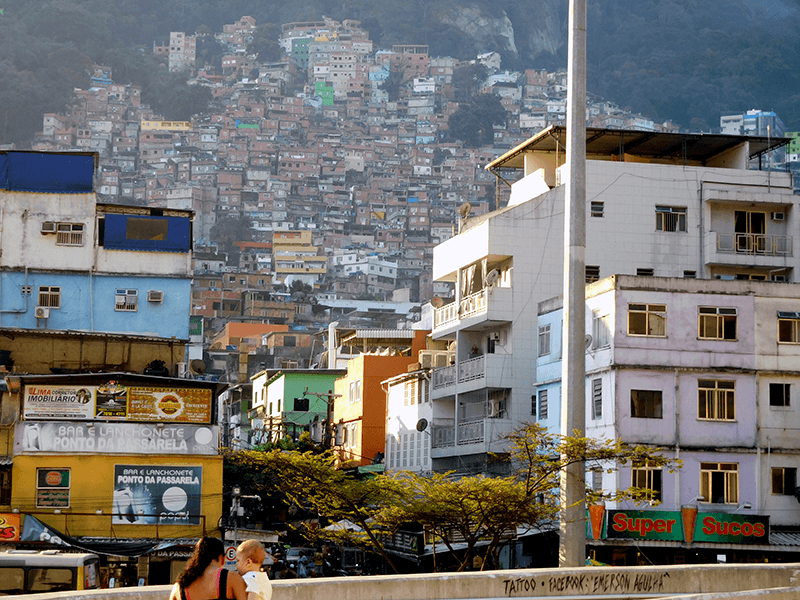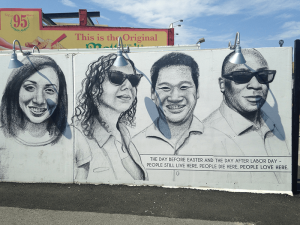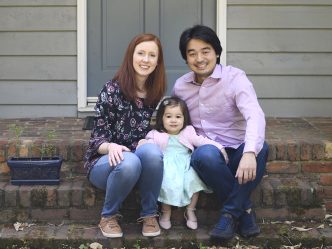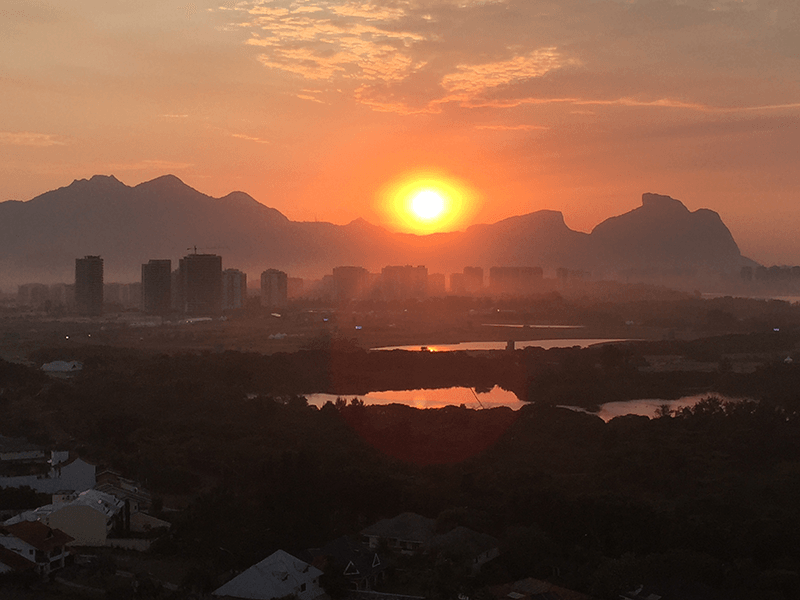When I was living in New York City, I came across a mural on Coney Island that I really liked. It read: “The day before Easter and the day after Labor Day – people still live here. People die here. People love here.”
The same could be said for Rio.
Today, Glaucier Oliveira, the father of an Augusta University tennis player, took Arthur and I to Rocinha, the largest favela (slum) in South America. It is home to an estimated 200,000 people.
A former resident of Rocinha, you will never hear Oliveira refer to the neighborhood as a favela. It is a community.
As I stood at the base of Rocinha and looked at the homes stacked on the mountainside, the Coney Island mural was the first thing that came to mind.
For hundreds of thousands of people, Rocinha is home.
It is a community.
I appreciate Oliveira’s perspective, and I think it is one we can all learn from. The term favelas, or slums, can have such a negative connotation. It can be easy to focus so much on the poverty that we forget about the people.
In many ways, the people of Rocinha are just like the rest of us. There are parents raising their children. People working or looking for work. Young people spending time with their friends. However, in other ways, residents of Rocinha face problems the rest of us may never encounter.
According to one resident, violence is everywhere. Members of the community also face challenges such as “water shortages, electricity cuts, transport difficulties, security issues, potholed streets and weak education.”
These are problems that will still exist long after the 2016 Rio Games comes to a close.
But as I looked upon Rocinha, the poverty wasn’t what I thought about. I thought about the community. I thought about the people who wake up every day in Rocinha and the people who go to sleep there every evening. I thought about the people who struggle for a better life, but also the people who are proud to live there.
I thought, “When athletes and tourists are gone, members of the Rocinha community will continue living their lives.”
The day after the closing ceremony, people will still live in Rocinha. People will die in Rocinha. People will love in Rocinha.
Be sure to check out Arthur Takahashi’s blog for his take on our Rio experience.
 Augusta University
Augusta University





